Why Isn't the Media Talking About This?
It's a somewhat rhetorical question that we often ask without truly examining our intention: Why isn't the media talking about this?
Usually, when this is said, especially on social media during a heated debate, the odds are fairly high that the media is indeed already reporting on the matter. After all, that person had to hear about it from somewhere. Most news is aggregated so it was probably covered by the Associated Press or Reuters. Every time I see someone saying something to the effect of "but you won't see the mainstream media talking about this," I can usually find multiple news sources that do indeed report on the subject in a matter of seconds.
When someone asks, why isn't the media talking about this? They usually aren't doing the work first.When we pose this question, we aren't being literal with it. What we're really saying is, "Why aren't they reporting on the matter as much as I would like or presenting the story in a way that I approve of?"
In our quest of becoming self-appointed reviewers of journalistic standards and integrity, we've forgotten that most of our news sources involve Google News, Twitter, or other social media feeds - feeds that are personally biased and catered to our specific perspectives, interests, and behaviors (Eli Pariser calls them "filter bubbles"). In other words, we bear some responsibility whether we like it or not.
In Hit Makers, Derek Thompson states "There is what people want to read. And then, there is what people actually read." In his reporting on Facebook, it was revealed that the News Feed doesn't only appeal to the behavioral self (what people click, like, and share), but also their aspirational self - but users want to see even if they don't interact with it. In part, that's because we give ourselves the benefit of the doubt, even if we don't afford that same consideration to those that we disagree with, including using the broad brush of "the media." It's also because most people want to be perceived as someone who is informed and knowledgeable, that their cynical opinions should have weight, even if they haven't done the work.
Isn't it funny how there are so many amateur pundits who can flout divisive, bombastic ideas in areas in which they have no expertise? Admit it: we're all guilty of this. But what we rarely admit is when we're wrong. We would much rather pivot the argument, to blame the media or someone else we find disreputable, or to point out some obscure and irrelevant tangent than confront the weakness in our own opinions. We're more afraid of being perceived as wrong (and therefore, our framework of beliefs) than doing the work of what is right.In this era of social media, we have really become miniature sources of media ourselves. We broadcast to our own tribes and communities, often feeding our own ideas to each other in Ouroboros fashion. When we say, "Why isn't the media talking about this?," we mean the other media. The sources that those outside of our hive consume. The kinds of sources we look at with derision.
Perhaps instead of placing the blame on the other, we should focus inwards. We should ask, "What am I doing about the problems that I am seeing the world and how can I be a force for good?" Rather than asking why something isn't being adequately reported to our tastes, we should be wondering what kinds of unconscious behaviors we're guilty of that are making important issues nearly invisible or ourselves. In this world where we are the new media, perhaps the question of why isn't the media talking about this really a reflection of ourselves. What responsibility do we bear in making these kinds of issues known? And more importantly, what are we doing with that information?
News consumption is really like a limitless buffet. If we don't like what we are being fed, we should begin by confronting our own behaviors and change the diet. If you eat too much at a buffet, do you blame the restaurant? Studies show that we now get 88% of our information through social media - that would be like only having a diet of doughnuts and fast food: quick and compelling, but lacking in nutritional value. We need to eat our veggies. That means actively seeking a spectrum of reputable sources that are held accountable by fact checkers and editorial boards. Any nutritionist will tell you the foundation of healthy eating: a balanced diet that is tempered with moderation and a willingness to explore new tastes. I believe that it is the same with the information we consume.
So when you ask, why isn't the media talking about this in an incredulous manner, ask yourself what you mean by the question. Have you done the work? Have even looked or perhaps you didn't notice in your passive consumption of what is being fed to you? And upon looking, what will you do with the information? What will you do to change the world?

